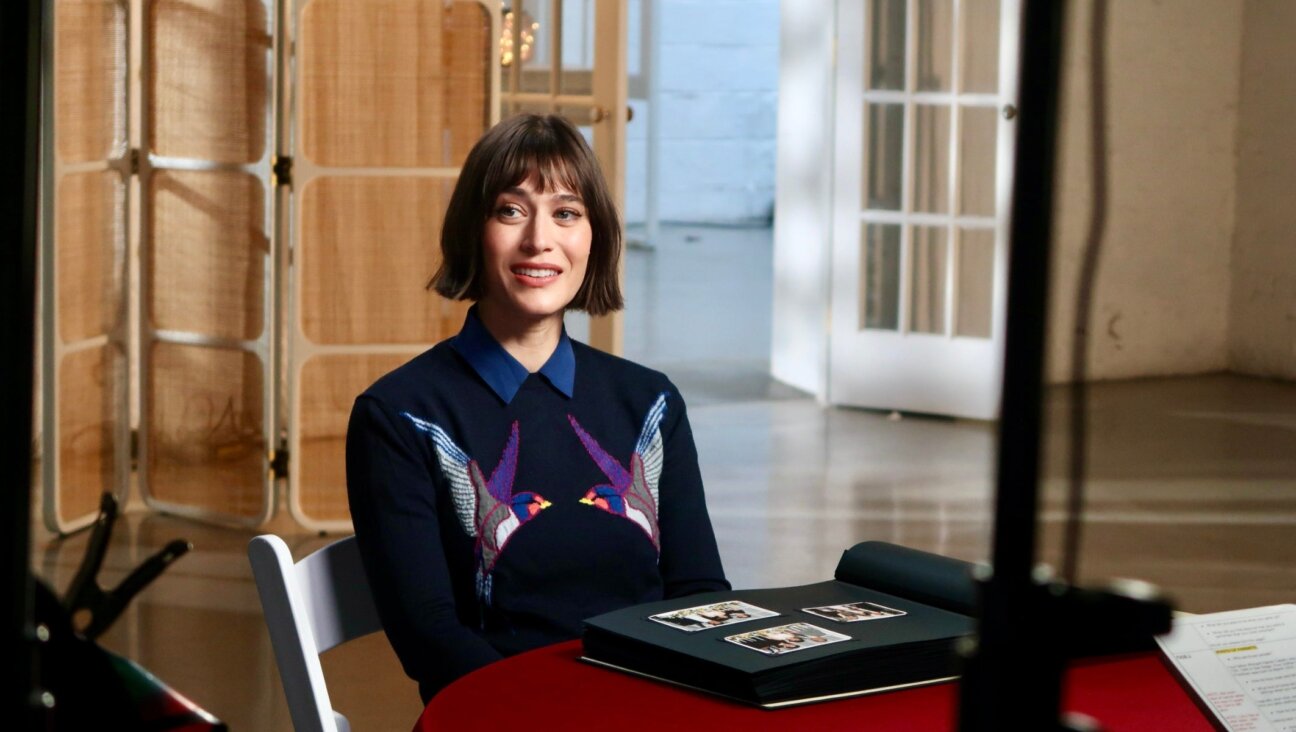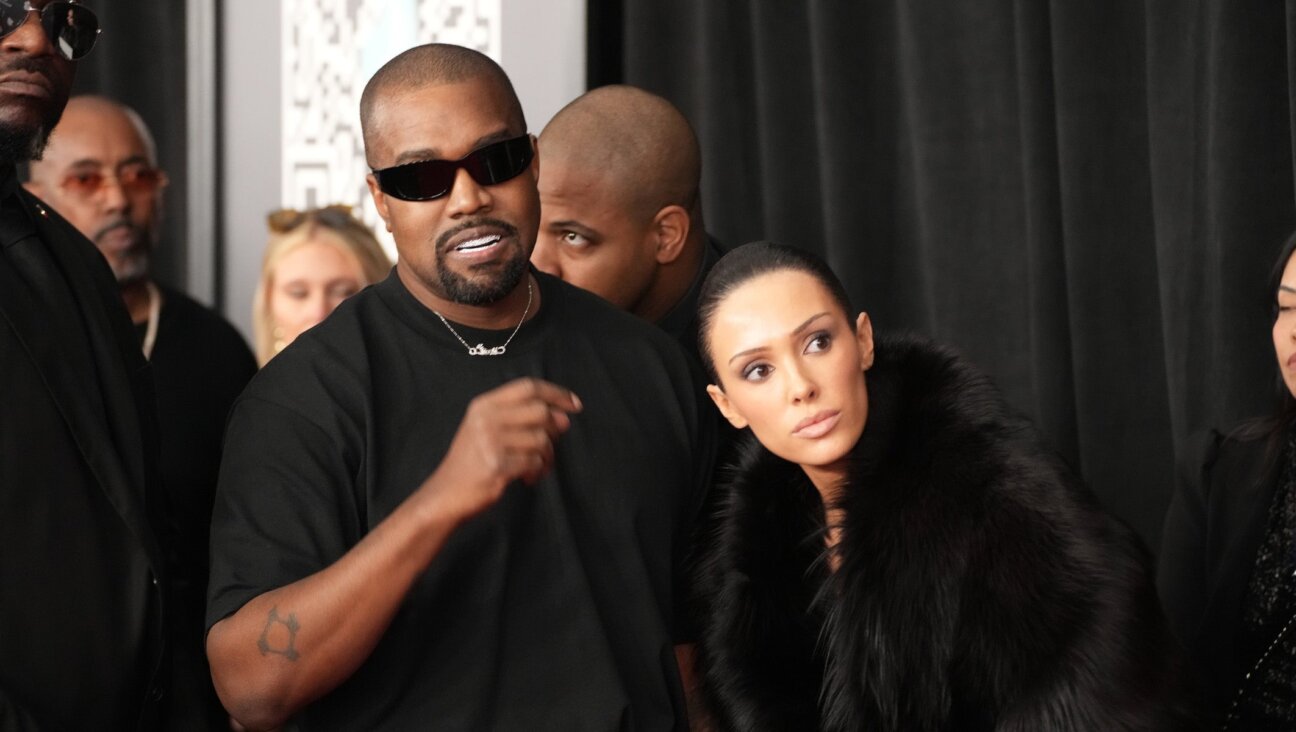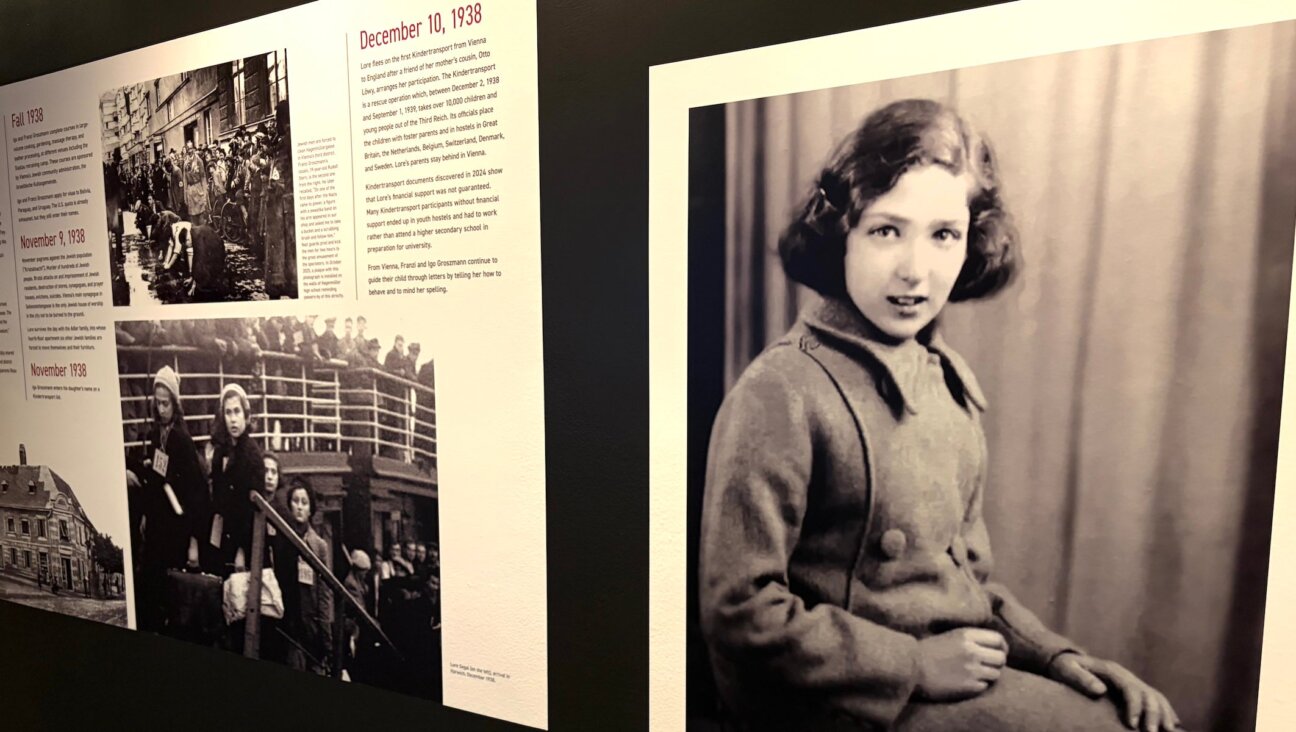Looted Nazi Art Hoarder To Discuss Returning $1.3B Trove

Image by getty images
Cornelius Gurlitt, whose hidden collection of classic artworks stunned the world last fall, has signaled he may be ready to talk about restituting some works to their rightful heirs.
Attorney Hannes Hartung told The Wall Street Journal Jan. 24 that: “We want to take responsibility.” But he added that “very few” of the 1,400 works in the collection might be described as looted.
More than 1,400 works were confiscated from Gurlitt nearly two years ago in the course of an investigation for tax evasion. But the public did not learn of the find until last fall, when the German Focus magazine broke the news.
Most of the works had been procured by his father, Hildebrand Gurlitt, a collector and dealer commissioned by the Nazis to buy art for its museums, as well as art that it considered “degenerate,” that could be sold with profits going to the Nazi government.
Under pressure from restitution organizations, heirs and attorneys, the state prosecutor in Augsburg has provided photos and descriptions of hundreds of works of questionable provenance for publication on the website of Germany’s provenance-research authority, www.lostart.de.
In addition, a task force has been established to research the provenance of all works in the collection.
In related news, Pia Müller-Tamm, director of the Karlsruhe City Museum, announced last week that Hildebrand Gurlitt had confiscated 149 works from that museum as so-called “degenerate art,” particularly prints. According to news reports, she did not know whether the works were among those in the rediscovered collection, and thus cannot yet demand their restitution.
The city of Mannheim has already claimed a painting by Ernst Ludwig Kirchner, “Melancholy Maid.”
At least 300 paintings reportedly are to be returned to Cornelius Gurlitt himself, particularly works by a relative.















